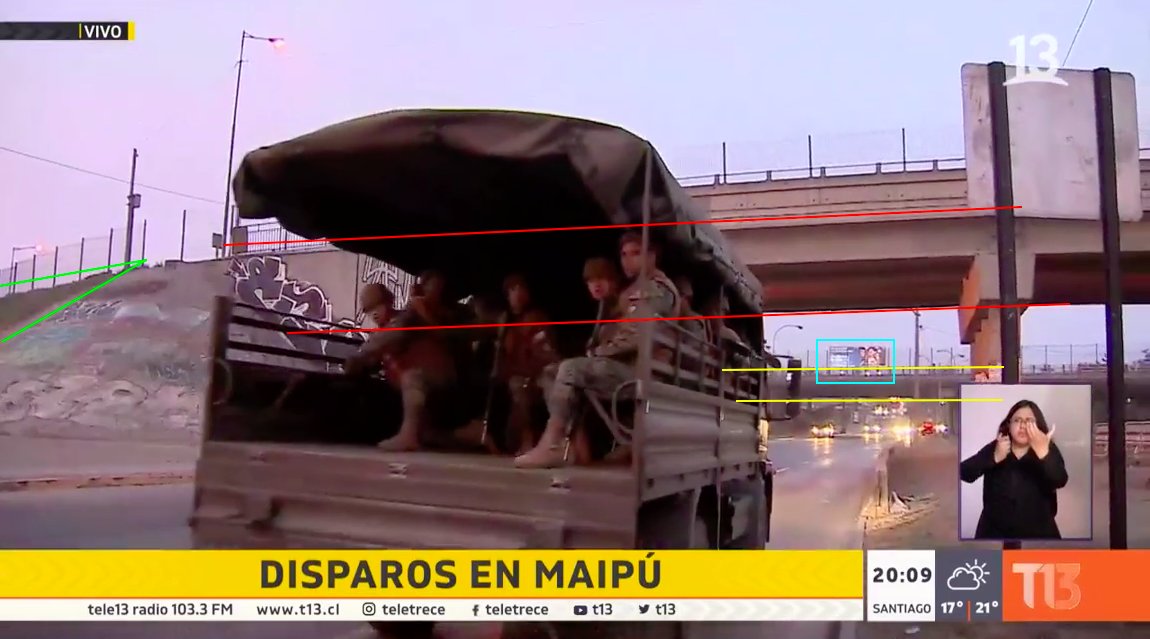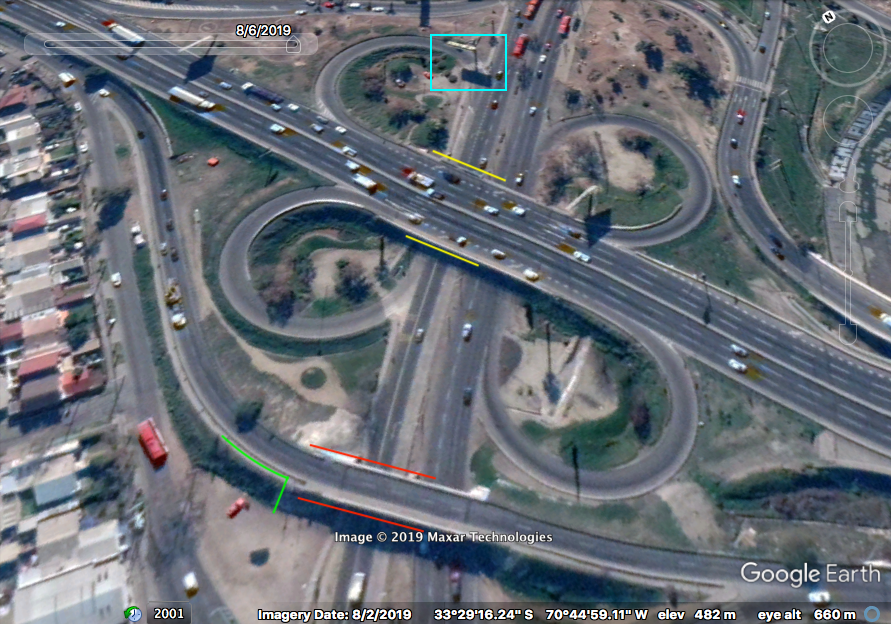There are few public health workers, medical personnel, emergency managers, & responders who have solid experience working a long-term incident. That is, an incident of more than a few days. 1/
Here's a blog post: incident-services.com/anchorpointblo… 24/






